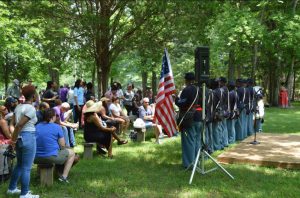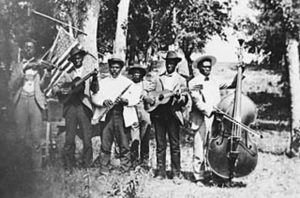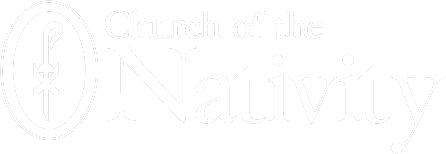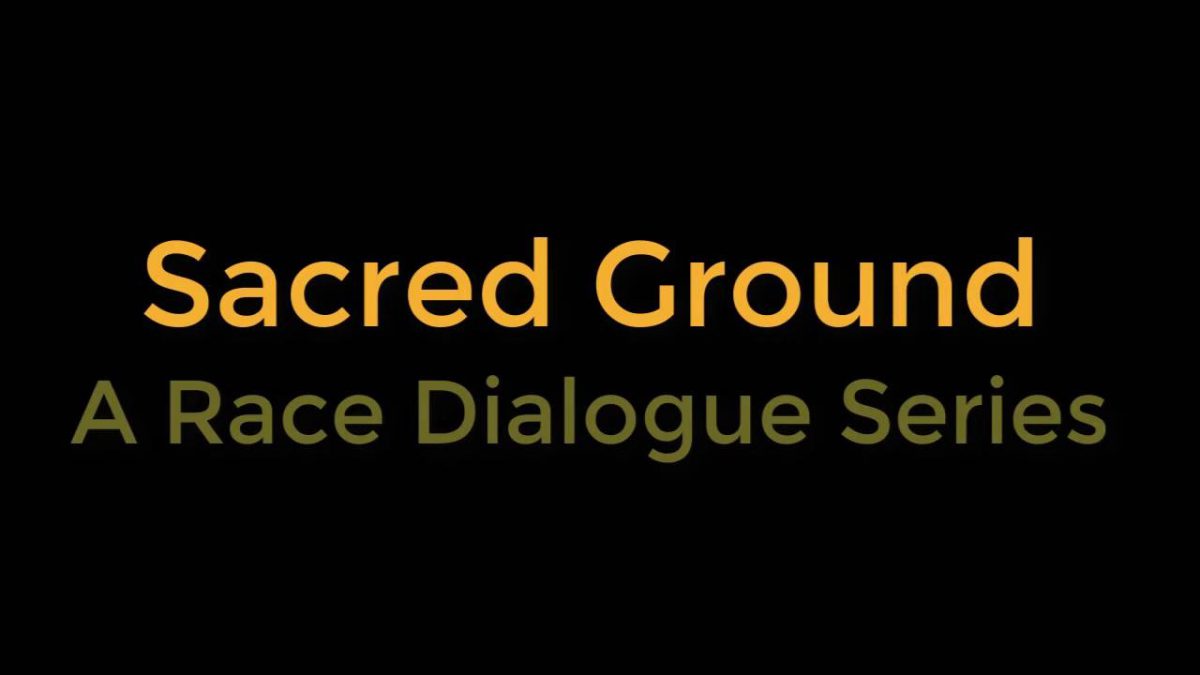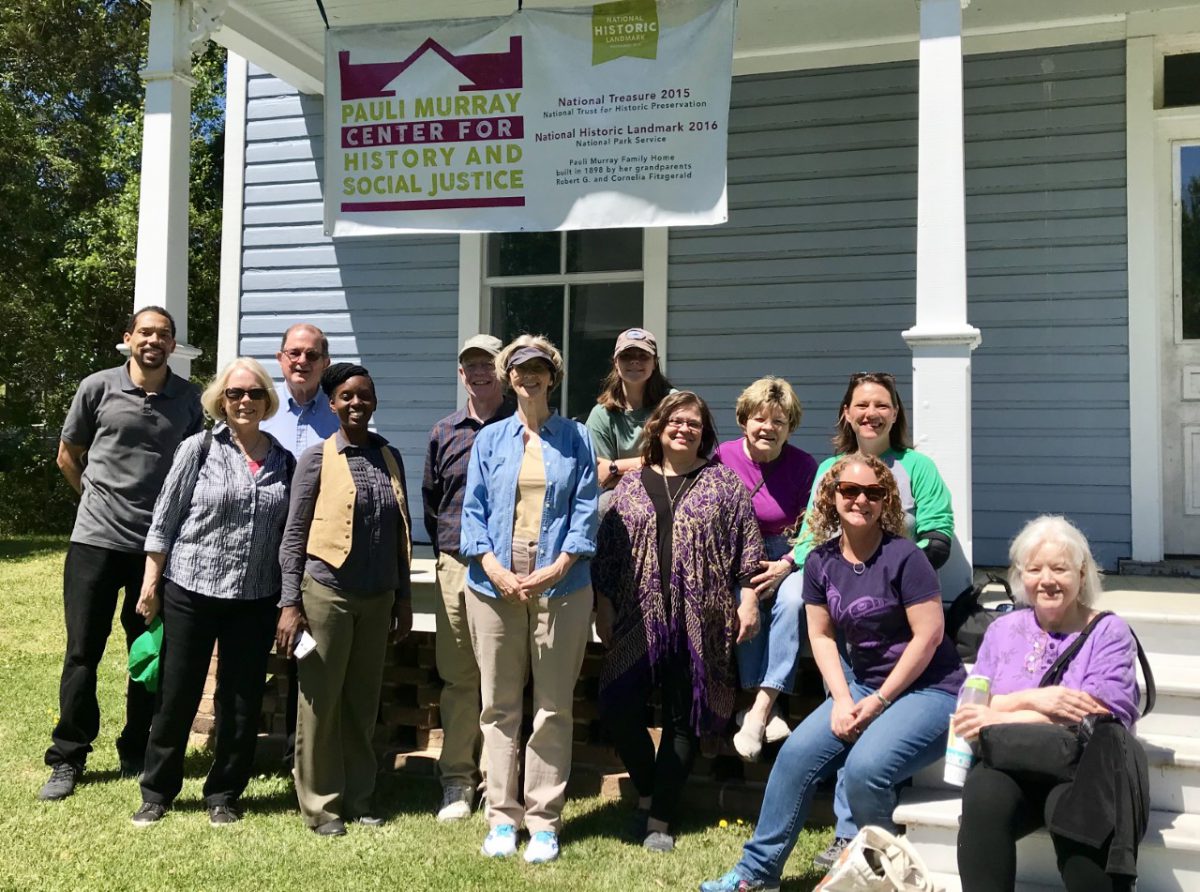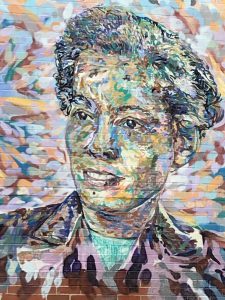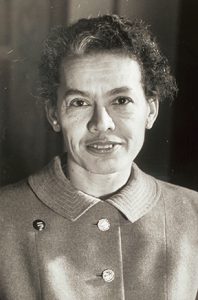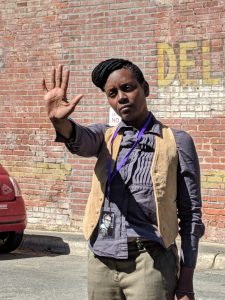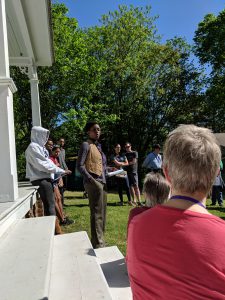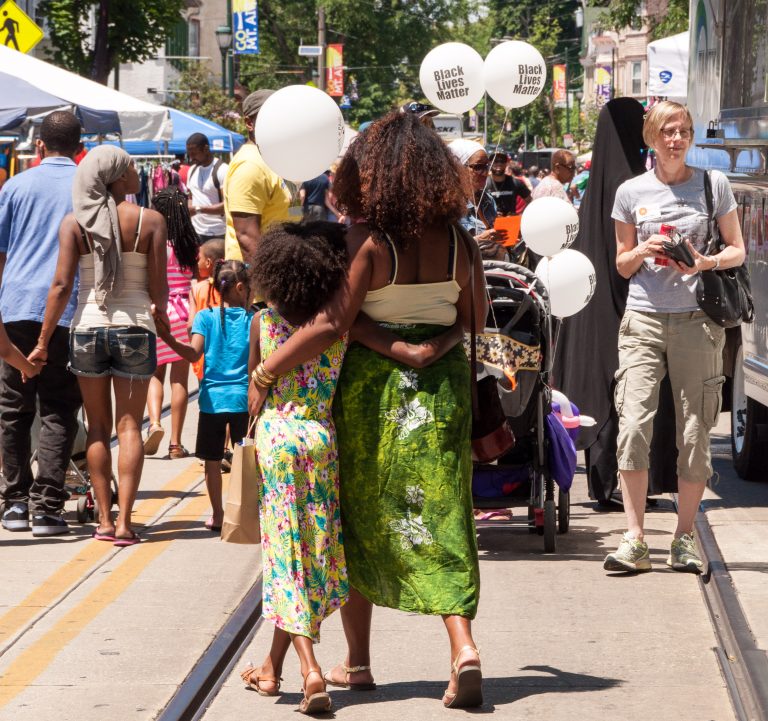05/20/2019
By Becky Showalter
Two years ago, I was out of town in a hotel room that actually had cable (gasp!) . . . and flipping through the channels, I happened to find the season premiere of Black-ish on ABC. It’s a super funny show and honestly, I hear something new every time I watch it. But to the point, that episode they talked about choosing to celebrate Juneteenth. Huh? I had never heard of Juneteenth. . . so what do you do these days when you don’t know something? Google – it’s is a wonderful thing!
Juneteenth (a mash up of June and Nineteenth – Juneteenth) is the oldest nationally commemorated celebration of the Emancipation Proclamation and the freeing of all enslaved people in the United States. Although Abraham Lincoln signed the Emancipation Declaration January 1, 1863, it was not the law of the land in the south until the Confederacy surrendered to the Union Army in April 1865. During those two years, as the war raged in the Southeastern states, many slaveholders took asylum with their slaves in the state of Texas in hopes that the momentum of the war would turn. At the time of the Confederate surrender, there were an estimated 250,000 enslaved people in Texas.
Stories vary as to why the slaves of Texas did not learn of their freedom for another two and a half months (April to June). One says there was a murder of the messenger, another that sympathetic Union soldiers allowed Texas plantation owners to get one last harvest in before the announcement, and another attributes the delay to a simple fear that there would not be enough Union soldiers to enforce the decree if it was announced immediately.Whatever happened, on the morning of June 19, 1865, Union Army General Gordon Granger stood on a balcony in Galveston, Texas and announced to the world the total emancipation of those held as slaves. First hand stories described dancing in the streets and as you can imagine great joy and great hope! The next year, in 1866, freedman organized their first Juneteenth celebration to remember the day they became free, and they have continued!
Juneteenth celebrations remained relatively local to Texas and the Southwest US until the late 1960s when the celebrations began to grow in number across the country. Juneteenth celebrations are usually anchored by a reading of the Emancipation Proclamation, a celebration of black accomplishment, and any combination of food, games, and remembrances. Today, 43 of the 50 U.S. states and the District of Columbia have recognized Juneteenth as either a state holiday, ceremonial holiday, or a day of observance.
Historically, the knowledge of Juneteenth, and the participation in these celebrations, have almost exclusively been limited to African American communities, and I guess that’s understandable. But doesn’t this seem like something that ALL of us should celebrate? Slavery was a dark chapter in our national history, and celebrating its end, celebrating a moment in time where a wrong was tried to be made right, would be worthwhile for ALL of us. To promote healing and unity, and with God’s grace, a chance for us all to move forward together – understanding where we’ve been and finding the will to create the world God has waiting for us . . . and more specifically, just celebrating that one day where we got something right! I was glad I got introduced to Juneteenth, and for the first time this year, my family and I are going to make a point to honor it. It just seems right.
For those of you who are interested in celebrating Juneteenth this year, Stagville Historic Site (and former plantation) in Durham is hosting “Juneteenth at Historic Stagville” on June 8 from 12-5pm. Come out for reenactments, guided tours, children’s activities. If anyone would like to go as a group, please contact me, Becky Showalter, at jbshow@bellsouth.net and maybe we can make an afternoon of it together! See the links below for details.
https://www.discoverdurham.com/includes/calendar-of-events/Juneteenth-at-Historic-Stagville/95846/
https://www.facebook.com/Stagville/photos/gm.1923885047718243/10161695966945162/?type=3&theater
Also, Durham will be hosting its 15th Annual Juneteenth Celebration in downtown Durham the next Saturday, June 15th from 1-10pm. Come on out for a “fun filled, educational and uplifting event, with entertainment throughout day featuring national recording artists & local performers, food & merchandise vendors, health fair, kids’ zone, exhibitors & more!”
https://www.discoverdurham.com/includes/calendar-of-events/NC-Juneteenth-Celebration/97195/
